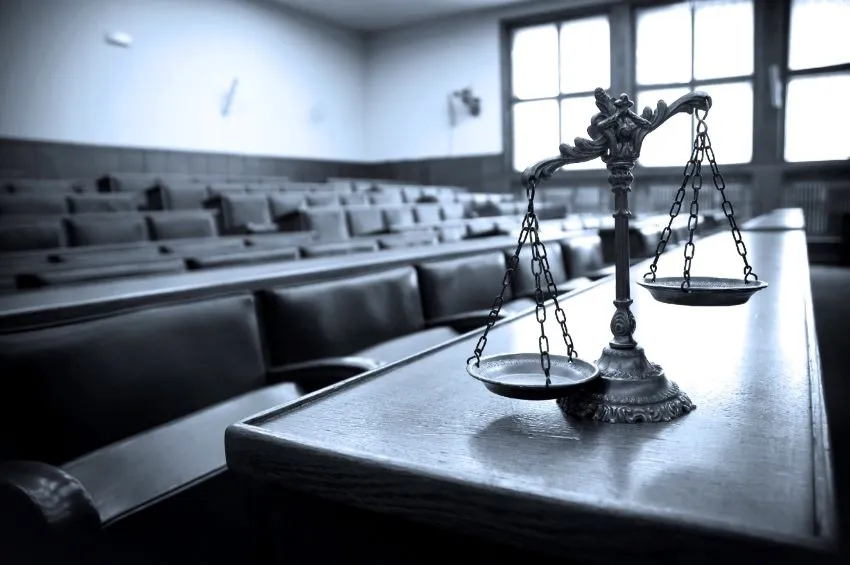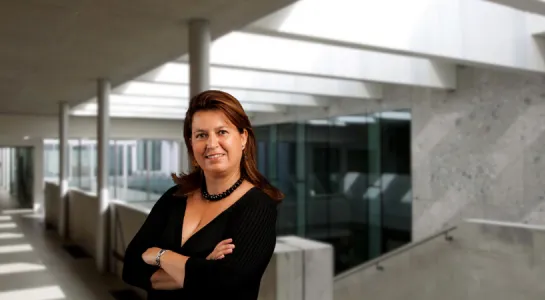
In Prison to Support Prisoners
Born out of an initiative of the late president of the Constitutional Court Valerio Onida, legal offices in prisons immediately took on the dual purpose of supporting people on legal issues, supporting during the deprivation of liberty, and eliciting the involvement of inmates themselves as legal volunteers to help other convicts. At Bocconi today this experience is coordinated by Melissa Miedico, Professor of Criminal Law at the Department of Legal Studies who oversees for the Legal Clinic project in which faculty and students work at the Bollate Prison and, for a few months, also at the San Vittore Prison of Milan. In order to be eligible for the experience, students must pass selection rounds that are held three times a year. They must be students in their fourth and fifth year of law school and have certain curricular requirements, but above all a strong personal motivation. "The interest in the topic of criminal punishment, on which I am also writing my thesis, has pushed me to apply to participate," says Bocconi law student Carla Moras. "I have a very strong memory of my first impact with the penitentiary and my first contact with the inmates, in particular the inmates of the women's ward. With them there was a level of confidence and openness that gave an emotional value to the experience that I had not expected."
The work of the legal clinic is organized in a way not too distant from that of a law firm: from meeting clients to apportioning legal research and intervention to task forces. "The clinic is active in Bollate and San Vittore every week and we students are involved on a rotational basis," says Jacopo Musso, enrolled at the Clinic since September. "Basically, each of us works in prison for one morning every two weeks or so. There we meet with the inmates and collect the cases in a report that we present at the Tuesday meeting. At that point everyone is assigned a task, be it research, contacts with a consulate, with a lawyer or with an educator to reach an agreement with them or assist them in preparing requests (permits, compensation, etc.)". "We deal a lot with penitential law, family law, and immigration law," adds Moras. "In this sense it's essential to have a constant weekly presence in the two prisons and to do networking between us."
The clinic's activity takes on different nuances depending if it is a jailhouse or a prison house, as Ludovica Lombardi, working at San Vittore, explains. "Those have been convicted need to be listened to, supported and oriented on issues related to the execution of the prison sentence. Sometimes we intervene to facilitate contacts with lawyers or bring certain situations to the attention of other prison operators. In San Vittore, however, there are mostly people awaiting trial who often still need to understand the situation they find themselves in, what the charges are, what the law says, what criminal penalty they risk incurring, what the next steps will be: this orientation work is very precious, especially when it comes to foreigners".
Beyond the technical aspects, the experience of the Legal Clinic acts on students as an accelerator for reflections on the role of prisons in society and their future jobs in their professional careers. "There is no lack of desire to combine the social aspect with the legal practice, but it is often difficult to do so in one's professional activity," reflects Musso. "The Clinic is perhaps one of the last opportunities for a student to be able to reconcile the two dimensions before immersing themselves in their legal careers".
